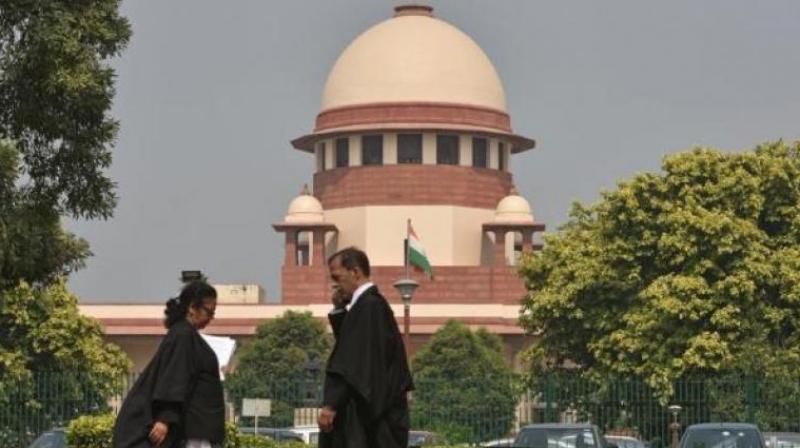DC Edit | Focus on human angle in evictions welcome

The order of the Supreme Court staying the eviction of about 4,000 families from railway land in Haldwani in Uttarakhand marks an important milestone India has travelled in respecting basic human rights.
The apex court not only pointed out to the Railways the issues involved in uprooting such a large number of people, including the elderly and children, at a week’s notice, as ordered by the Uttarakhand high court, but also asked the government agency to come up with practical and workable solutions to the “human issue”.
The court issued the interim order after assessing the competing claims on the land by the Railways and the residents. While the Railways, which claims ownership of the land, wants to get its possession to create infrastructure for development, the residents claim that they have lived on the land for generations, some up to 100 years, and have valid documents of ownership, too. They also point to the long settled physical possession of the land and its recognition by various state agencies.
The court, while recognising the Railways’ need for creating infrastructure, wanted it to look into the human dimension of the issue after segregating the claims of the occupants and those having no rights. “Someone will have to examine their documents,” it said, and would want both of them rehabilitated.
It is a fact that India needs to augment its infrastructure across sectors if it were to meet its obligations to its population, which is made up predominantly of young people. It needs to create more jobs to keep the economic growth engine work. It also needs to replace and update its ageing service sectors, including transport. Land will be one of the key inputs in all such projects, especially transport infrastructure. There is little option for the government but to go for acquiring land.
The import of the Supreme Court order is that the government must go ahead with the mission keeping the human angle in mind. It is not that India has done little to create infrastructure and industry all these years; we have done it though not to the desired scale. Governments across the country have acquired huge tracts of land for projects all these years. But it was only in 2013 that we had a law, the Right of Fair Compensation and Transparency in Land Acquisition, Rehabilitation, and Resettlement Act, 2013, which recognised the rights of the land losers for fair compensation and rehabilitation. It was the blind and cruel bureaucracy that bulldozed its way through homes and settlements until then, throwing their occupants literally on the road. The UPA-era law imparted a sense of justice to the whole process.
The SC’s latest order has taken that sense of justice one step forward. It has put the land loser at the centre of the argument when it comes to rehabilitation. That she or he may not have proper documents despite living there for generations but the government and its agencies must deal with them as citizens with a stake in the future of this country. They should also be accommodated instead of being discarded. A benevolent government is not a bad idea in a democracy, after all. The judiciary has contributed its 10 cents to the idea; it is for the government to execute it.

